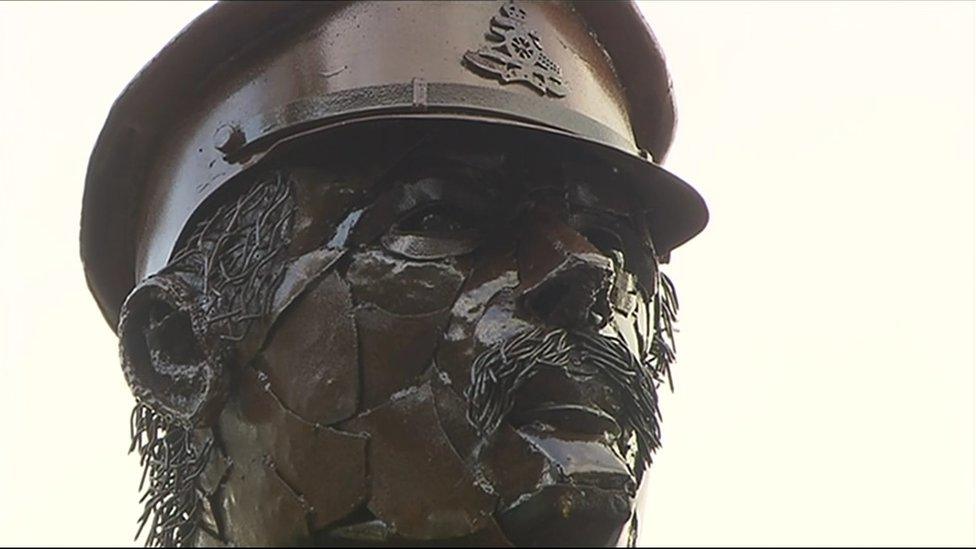Armistice day: Enniskillen first to hear of WW1 end
- Published
Enniskillen was the first to hear the news of the armistice.
Enniskillen was home to two regiments of soldiers who fought in World War One, the Royal Inniskilling Fusiliers and the Royal Inniskilling Dragoon Guards
It was a wireless operator at the town's barracks who was to make a little piece of history on 11 November 1918.
Shortly after 06:00 GMT he picked up a faint morse code signal transmitted from the Eiffel Tower in Paris.
The message was signed by Marshal Foch, the French commander of the Allied forces.
The translation of the message read: "Hostilities will cease along the whole front from 11 November at 11 o'clock, French time. Until a new order, allied troops will not pass the line reached on that date at that hour.
"Hold exactly this line. All communication with the enemy is forbidden until receipt of instructions sent by the commanders of the armies."
The news was to spark wild celebrations throughout the town.
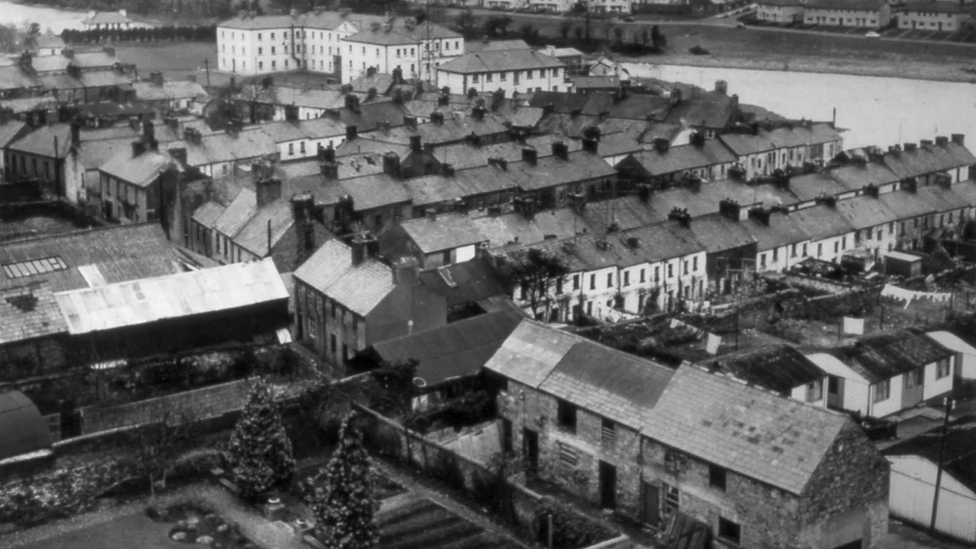
The town of Enniskillen has a unique place in WWI history
Rockets were fired into the sky and the church bells that had been silent began to ring.
However, the rest of the country did not hear that the Great War was finally over for another three hours.
Neil Armstrong, the curator manager of the Inniskillings Museum, said it was "a unique honour".
"A very alert wireless operator in the military barracks picked up this faint signal and then the celebrations began and, really, you can see that brightness coming from the darkness of the four-and-a-half years of war and it's a real tribute to Enniskillen."
Local historian Alan Devers said it was "quite a coup for Enniskillen".
"They didn't know the news in London, in Dublin or in Belfast. Enniskillen had the news hours before."
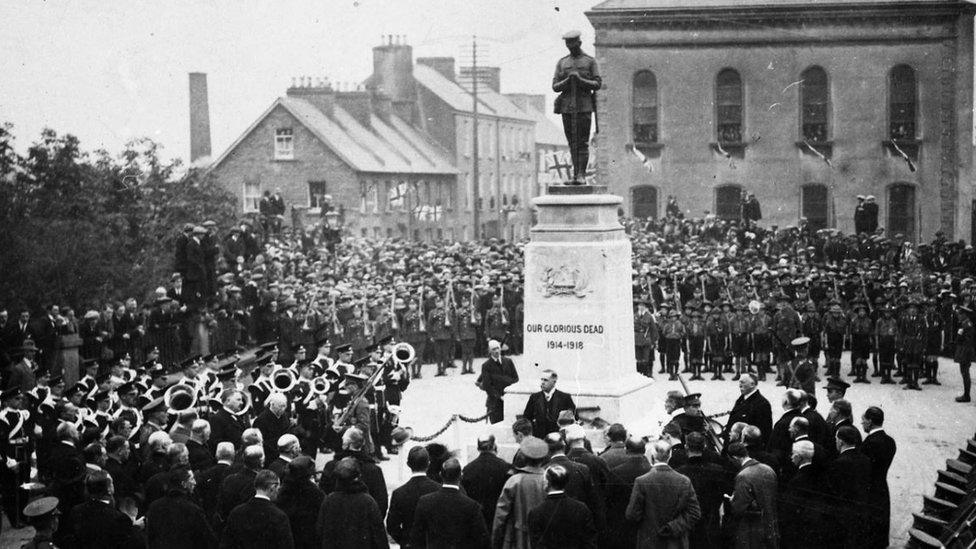
A war memorial was unveiled in the centre of Enniskillen in October 1922
Men ran from the barracks through the streets to St Macartin's, which was then the parish church.
The bells, which had been silent since the beginning of the war, began to ring.
Sam Morrow, the secretary of St Macartin's select vestry, said the bells would have been rung "in a fashion of celebration".
"It happened to be the hiring fair day in Enniskillen, so (there were) a lot of people here and a big day of celebration.
"There were two services held in the church here before nine o'clock on Armistice Day and that was before it was announced in London or elsewhere."
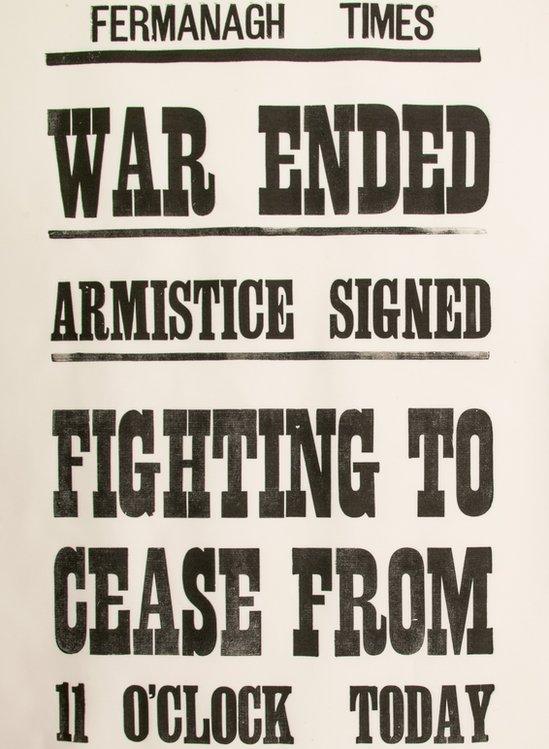
The Fermanagh Times printed notices to say the war was over
The Fermanagh Times printer went into action and printed leaflets and notices to say the war was over.
Alan Devers said amidst the joy there was also grief.
He said the local newspapers reported that for one lady "it was a very sad day because she had recently received news by telegram that her son had been killed in the last days of the conflict".
On Sunday, Enniskillen will be marking the day the guns fell silent 100 years ago and remembering the sacrifice of those who died.
At 06:00, a lone piper will be part of a national commemoration called Battle's Over - A Nation's Tribute.

The Armistice 100 years on

Long read: The forgotten female soldier on the forgotten frontline
Video: War footage brought alive in colour
Living history: Armistice message to Ulster Division found a century on

At 07:00, the cathedral bells will once again ring out as they did in 1918, heralding the news that war has ended.
Mr Armstrong said: "We start off Sunday morning with our commemorations and some contemplation, but as we move through our events, and we move through the day we're heading towards a celebration.
"Ultimately, that's what there is, there's relief and celebration that the Great War has finally come to an end."
- Published10 November 2018
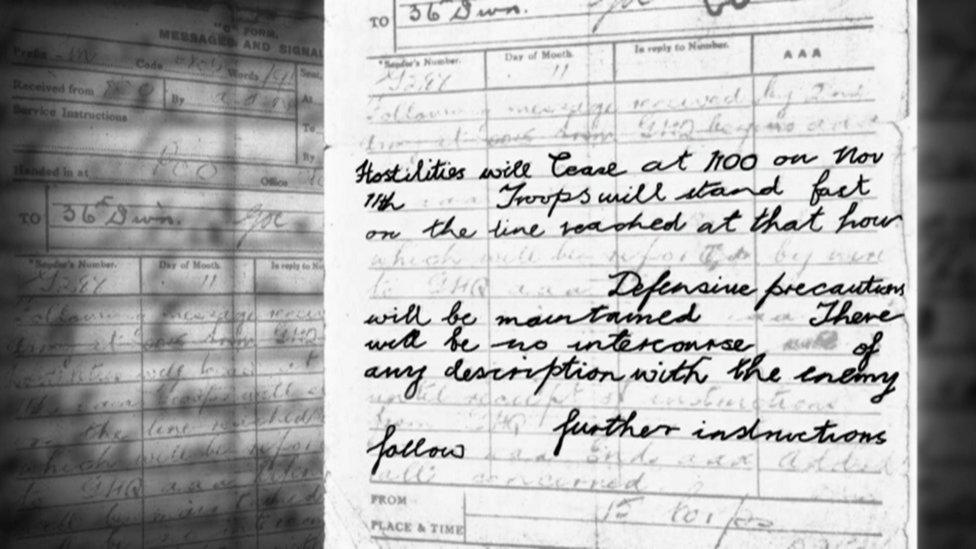
- Published4 November 2018
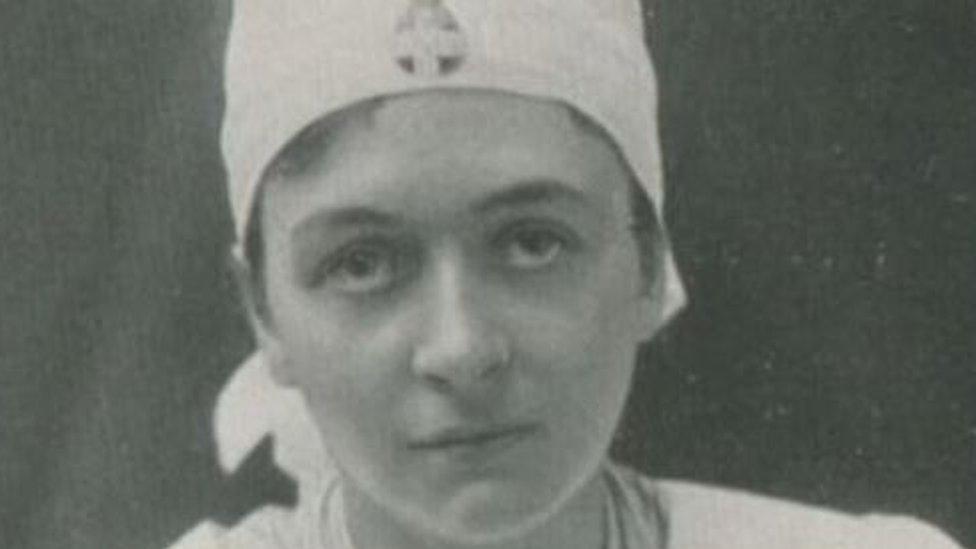
- Published9 November 2018
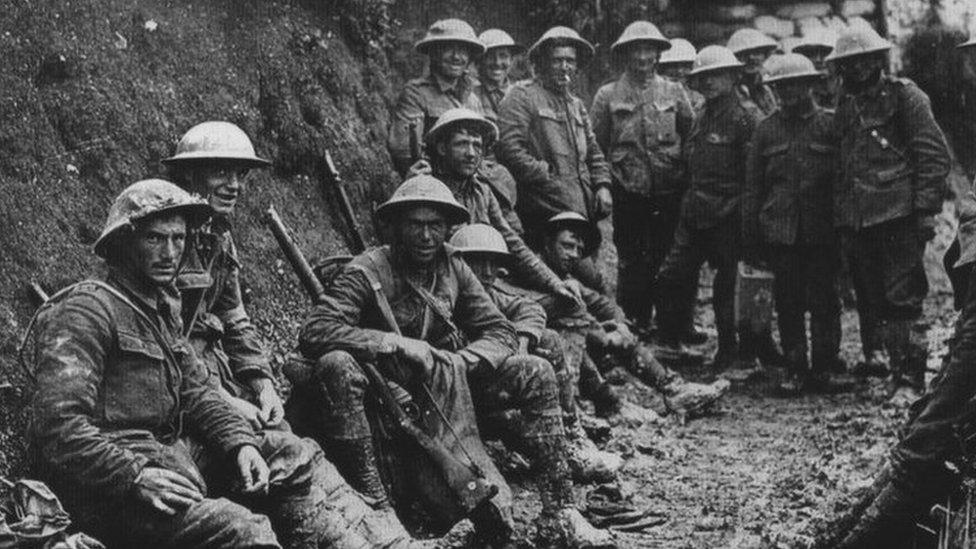
- Published5 November 2018
